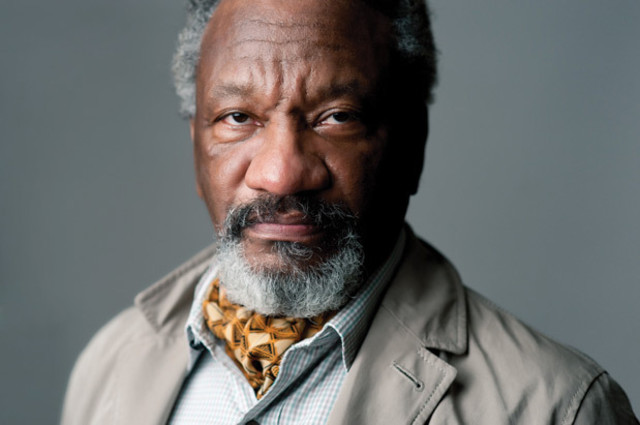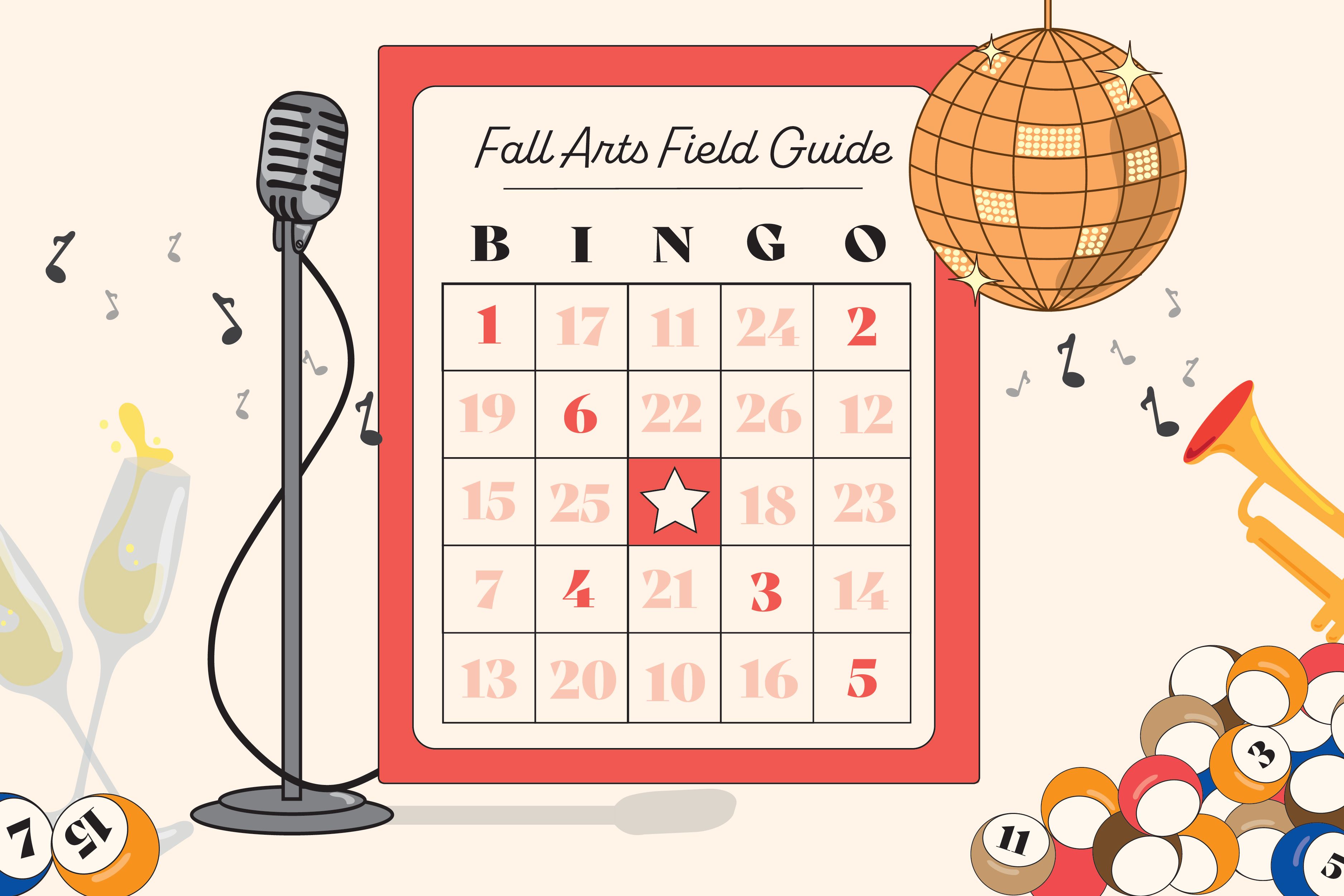A Fiendish Conversation with Donald Byrd

It’s been an eventful year for Spectrum Dance Theater and its artistic director Donald Byrd. The acclaimed choreographer was the recipient of both a $50,000 fellowship award from United States Artists and a Mayor’s Arts Award last fall. But he also faced controversy this spring, when the sexually and racially charged elements in Spectrum/5th Avenue Theatre’s Oklahoma were hotly debated and, more recently, when Spectrum’s performances of Miraculous Mandarin in the windows of the Bush Hotel overlooking Hing Hay Park were canceled due to the show’s dramatic sexual depictions in a public place.
But Byrd isn’t one too get too high or too low as a result of any of this. Storefronts Seattle and Spectrum agreed to restage Mandarin this fall; and Byrd charges on, continuing to push the boundaries of movement with brilliant modern dance. With the final show of Spectrum’s 2011-12 season, Love, opening this week, we thought it’d be a great time to check in with Byrd and chat about the year, his concepts of love, and making movies.
Love is a show without a distinct narrative. That being the case, what influences are you drawing from to create a show around a concept like love?
I think it was George Balanchine who said that anytime you put two people on the stage together, you’ve got a story. Regardless of what they’re doing, the audience will kind of make a story or narrative around what they’re doing. These are dances that are abstract. It’s abstract movement that through the quality, and the nature, and the configuration of the bodies, it suggests relationships. There’s a richness in movement language, so it becomes more evocative as a result of that.
Does Love draw on general perceptions of love or personal experiences?
We did a preview of Love, and someone described it as “ruminations,” and I’m starting to think that’s right. They are my ruminations on love from the perspective that I have today, as opposed to the perspective that I had five years ago or 20 years ago. My notion of love 20 years ago was much more brutal—people using love or emotional attachment often as a weapon. And it was highly connected to sexual desire. A 20-year-old’s notion is that sex is an important part of why you think you’re in love or what you think love is. Like the idea, Well, I could never be in a relationship without sex. As you get older you realize that you can, in fact, be in love with somebody and not necessarily have sex or physical desire be an aspect of it. It may be, but that’s not the only thing that determines it.
My personal perspective is that love is not a panacea for all the problems in your life and in the world. In fact, love is a construct, is a conceit, is an idealization. In some ways it does not exist in the real world. It exists in our head and it exists as a perception of how ideally we would like to interact and be with other people.
Is there anything you feel like you learned from the Miraculous Mandarin controversy?
People have different understandings of something depending on their perspective and “how they see it.” So clearly how Storefront saw what we were doing or understood what we were doing was certainly different from how we did. I think maybe, if anything, it says that I have to be very specific about what it is that I need. In some ways, it’s like when someone asks you to define the terms, you know, what do you mean by this word? That’s a little pain in the ass to do that. It limits the quality of free open conversation because you’re kind of having to think like a—excuse my French—like a fucking lawyer so that people understand what it is that you mean, so that you can do what one does as an artist.
Have you seen any dance performances around Seattle in the past year that have really stood out?
One for sure: Sarah Michelson’s performance at On the Boards really stood out for me. Also at On the Boards I saw Kidd Pivot by Crystal Pite.
What would you do if you weren’t a choreographer?
I’ve been thinking a lot about that recently. I think I would probably be in the movie business, maybe television now, because there are some tremendous things on television. I would like to direct and I think I would also like to be a producer. Getting things made—I would really love that.
Love (world premiere)
With a live solo performance of Benjamin Britten’s cello suites
June 21–23, June 28–30 at 8, Spectrum Dance Theatre, $20–$25




